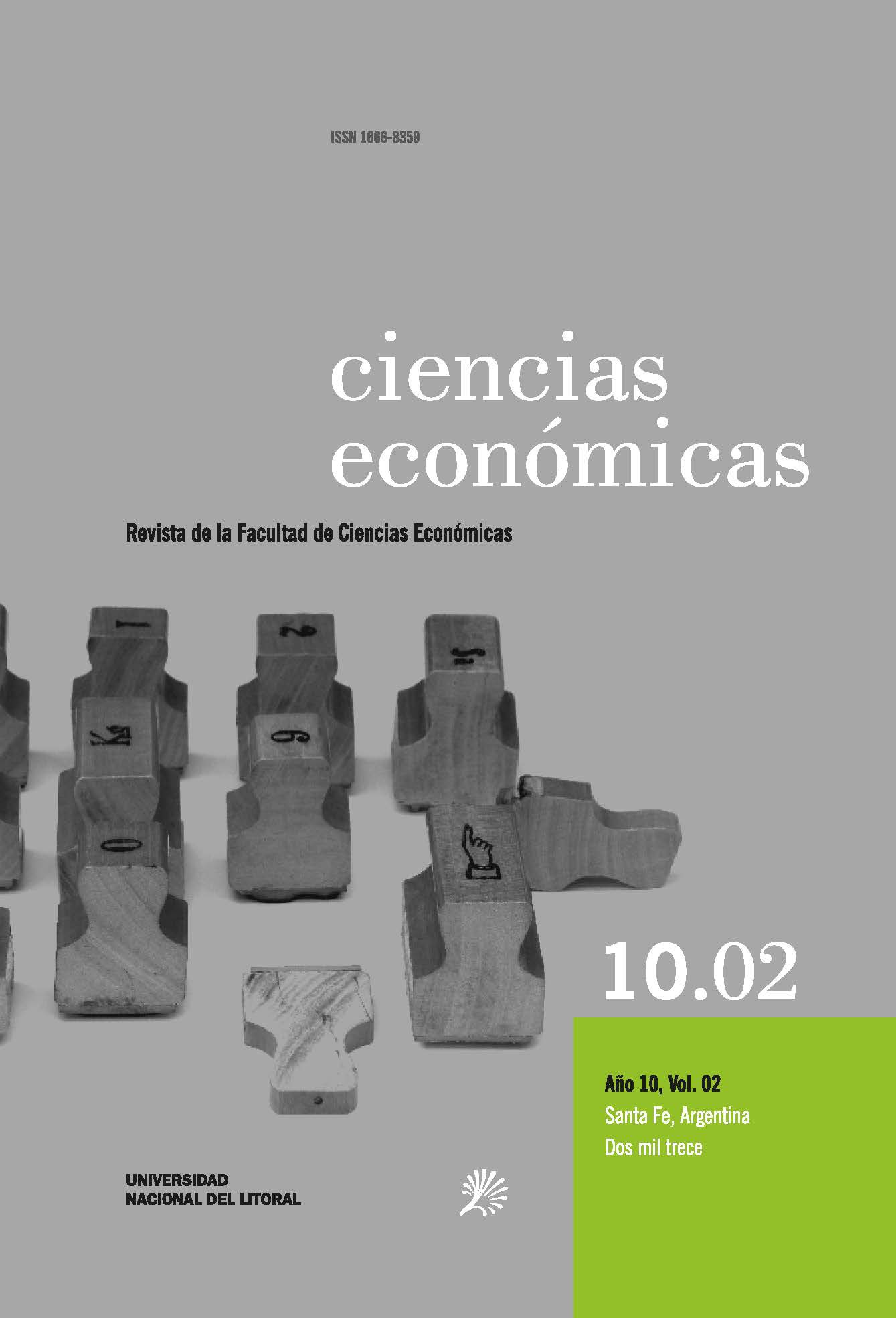Divulgación: Offering Minority Communities Equal Opportunities Through Entrepreneurship
DOI:
https://doi.org/10.14409/ce.v2i15.4268Keywords:
Minority Entrepreneurship, Ex–Prisoners, Disabled People, Travellers/Gypsies, Grey and GayAbstract
A substantial body of research has been undertaken in recent years giving prominence to the additional and distinctive challenges faced by female entrepreneurs and by ethnic entrepreneurs. However, other groups of minority entrepreneurs have received relatively little attention and so remain underexplored within entrepreneurship literature. This article introduces some of these minority communities (Ex–Prisoners, Disabled People, Travellers/Gypsies, Grey and Gay) and highlights the research opportunities that exist for entrepreneurship academics who might wish to analyse such ‘silent’ minorities. These communities are all relatively large in terms of population numbers, require tailored support to overcome distinctive economic, social and personal obstacles, and would benefit from critical appraisals of their circumstances.Published
How to Cite
Issue
Section
License
Content is licensed according to the terms of the international license Creative Commons Atribución-NoComercial-CompartirIgual 4.0 Internacional.

Articles must have unpublished contents and must be complete. Then, they must not have been sent for publication in any other journal.
Authors who submit their works to Revista Ciencias Económicas give up their Author Rights to the journal, from the moment authors receive the written confirmation that their work has been accepted to be published.
Intellectual Property of the published scientific work belongs to the author or authors. There are no restrictions to the author’s copyright.
Accepted papers must be accompanied by an "Authorization to Publish" document signed by the authors, stating the originality of the document and authorizing the Journal to publish the paper.
Authors are responsible for the scientific content and the points of view included in their articles, with which the publishers do not necessarily agree.











